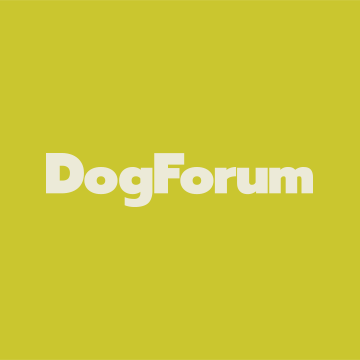You need to have your dog's teeth cleaned if the vet observes it needs to be done during an exam or if you notice that plaque is building up.
1) Every dog is different. I have one that needed cleaning every 6 months or more until we changed her to a raw diet (no carbs). Ask your vet how often your dog seems to build up plaque enough to require cleaning.
2) If it is just a cleaning, no extractions, the dog is back to normal as soon as the anesthesia wears off. I don't feed my dogs their evening meal after picking them up from a cleaning. Sometimes the meds will make them vomit. So then the next day I feed them three smaller meals, starting the next morning. And don't let them gulp down tons of water after you bring them home, jsut offer a little at a time.
3) If you haven't developed a level of trust in your vet by now and think he's in business to run an expensive torture chamber then you need to find a new vet.
4) Anesthesia is always a risk. But the risk of bacteria from dental disease destroying your dog's heart and kidneys far outweighs the risk of anesthesia. If your dog is past a certain age the vet should be doing pre-op blood work to rule out any serious health problems.
5. It is not recommended to scale your dog's teeth. The scaling leaves grooves and pits in the surface of the tooth which must be polished. Otherwise you will have much faster plaque build up into those ridges.
The bottom line is that having a dental cleaning done on a dog is no different than a human getting their teeth cleaned. Dogs are anesthetized because vets prefer not to get bit and can do a much more thorough cleaning if they don't have to struggle with the dog.
Also, since you are incredibly concerned about having a dental procedure done on your dog I would suggest that you talk to your vet about daily brushing. They can show you how to brush the teeth so that you take care of the yuk deposited on the teeth every day, keeping it to a minimum.
When my dogs were on kibble with carbohydrates...corn, grains, potato... (carbohydrates break down into sugars which in turn feeds the bacteria that forms plaque on the teeth) I brushed their teeth every night before bed. Colgate has a "Motion" brush, battery operated, that you can get at Walmart for $4. Then you buy doggy toothpaste (never use human toothpaste) at the pet store. Follow the vet's instructions on proper technique and you can minimize the number of dental cleanings necessary.
Also, changing to a high quality kibble with more protein and less carbohydrates will help with dental disease.





